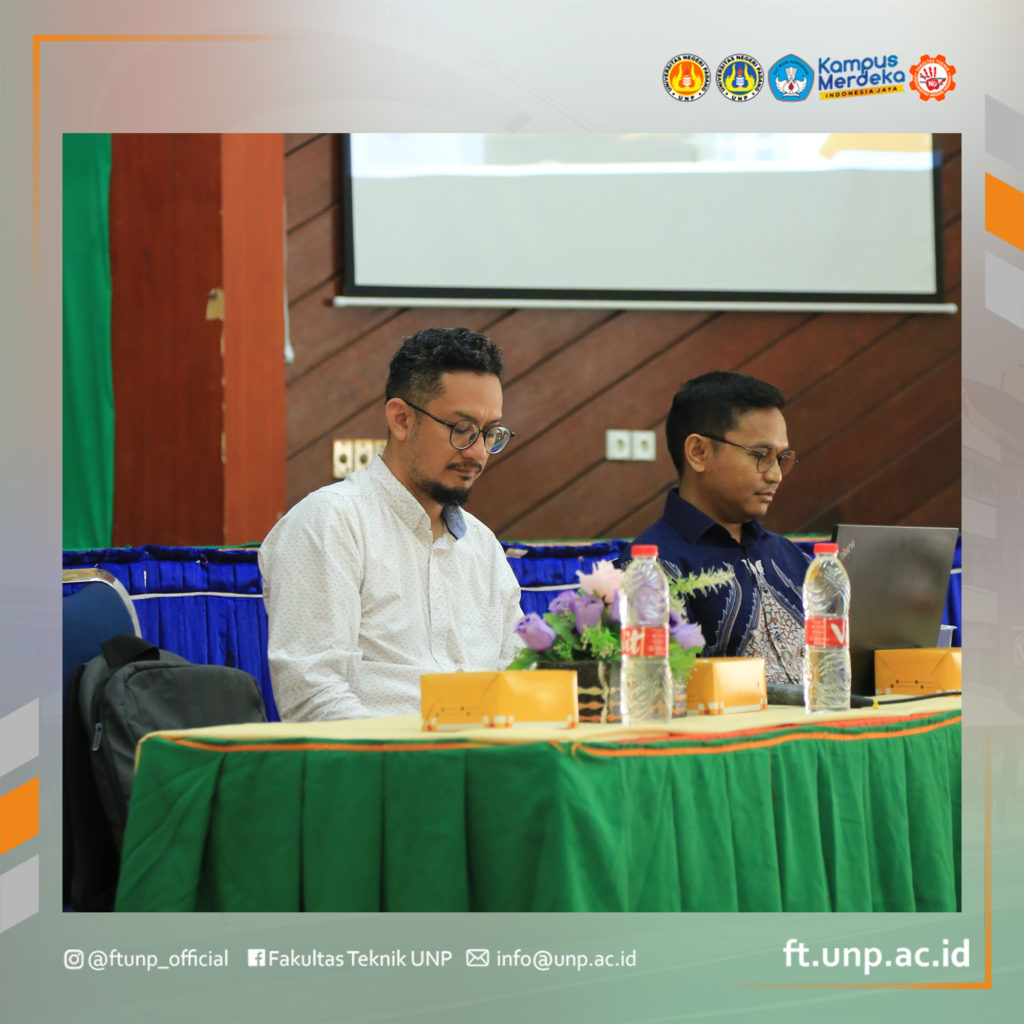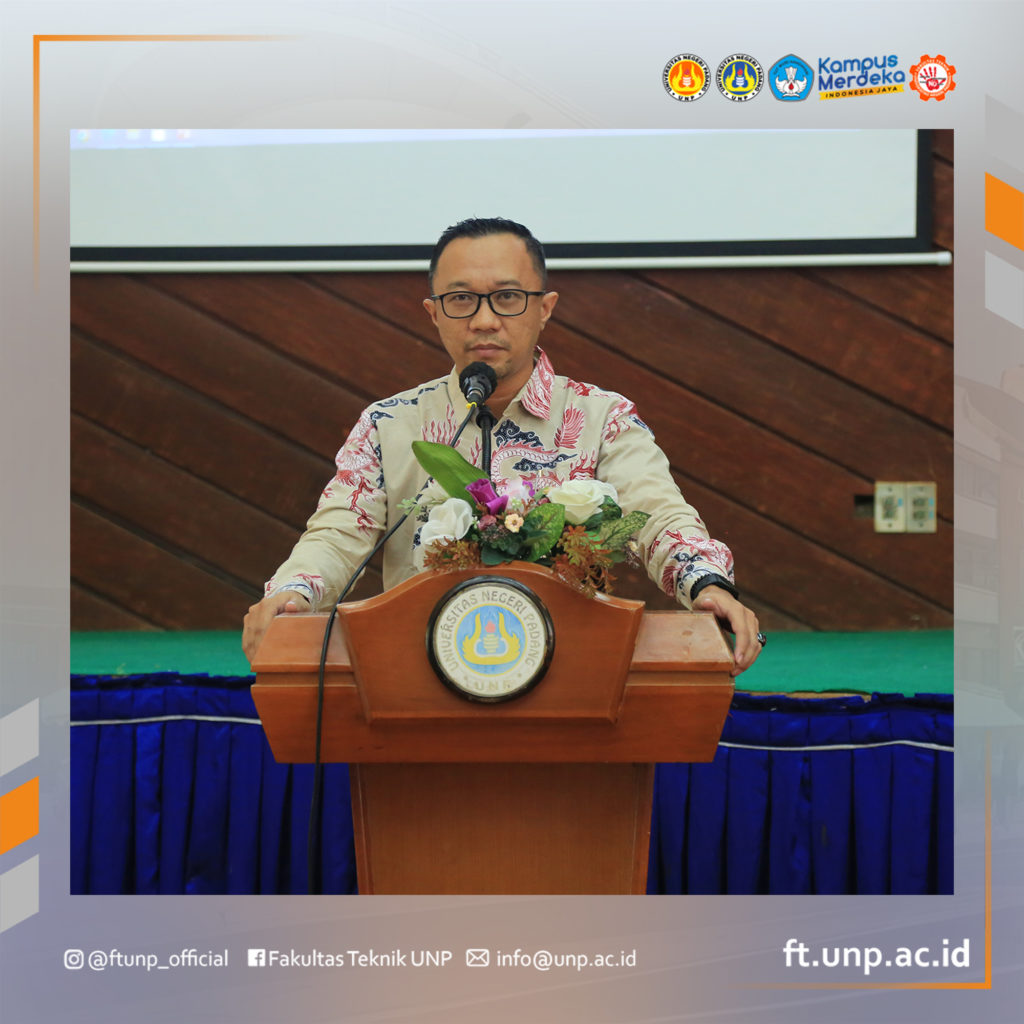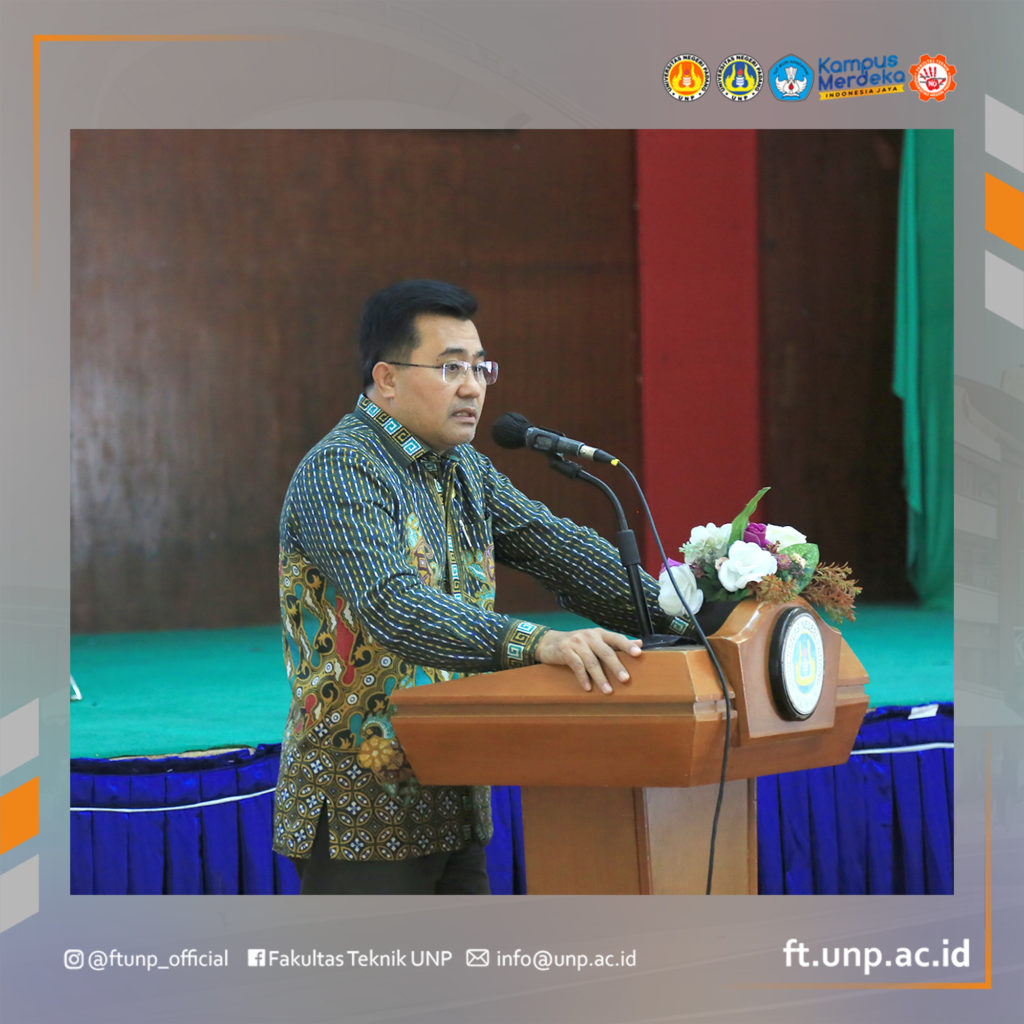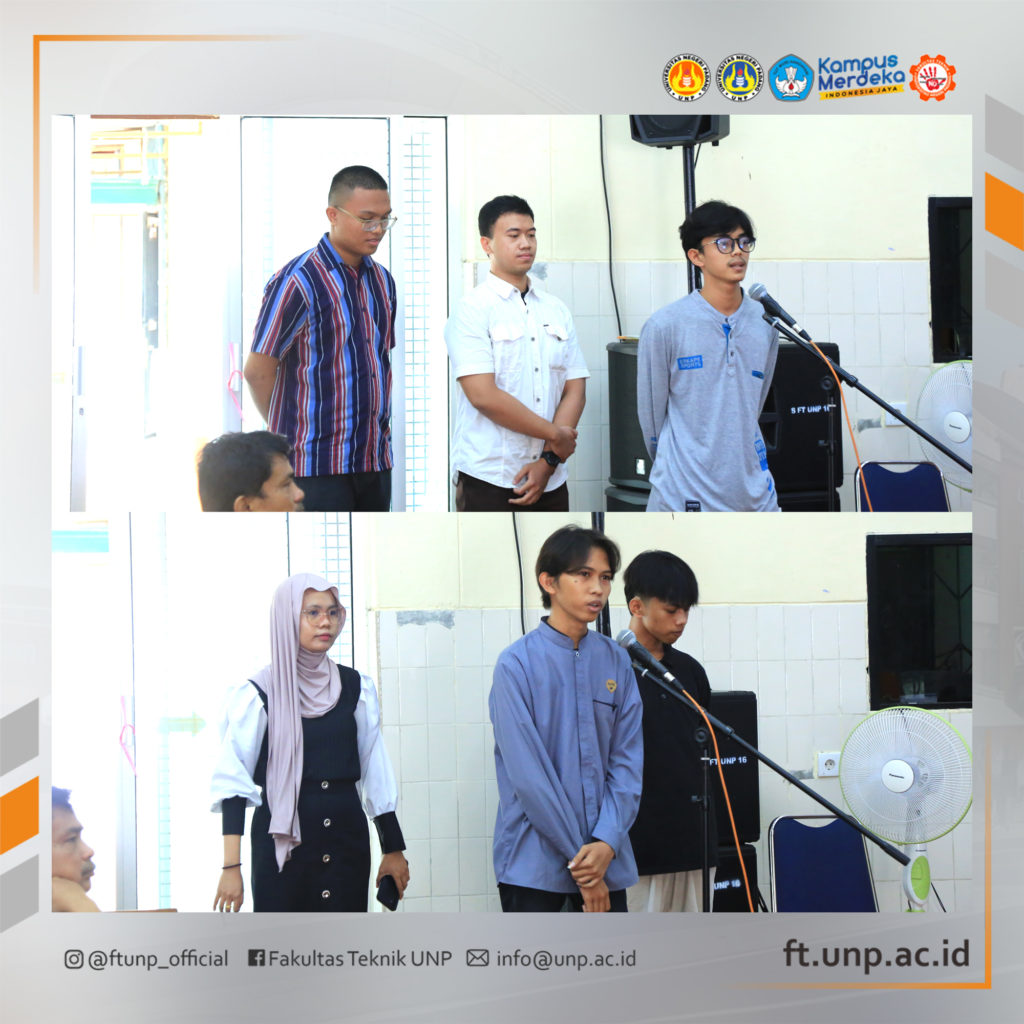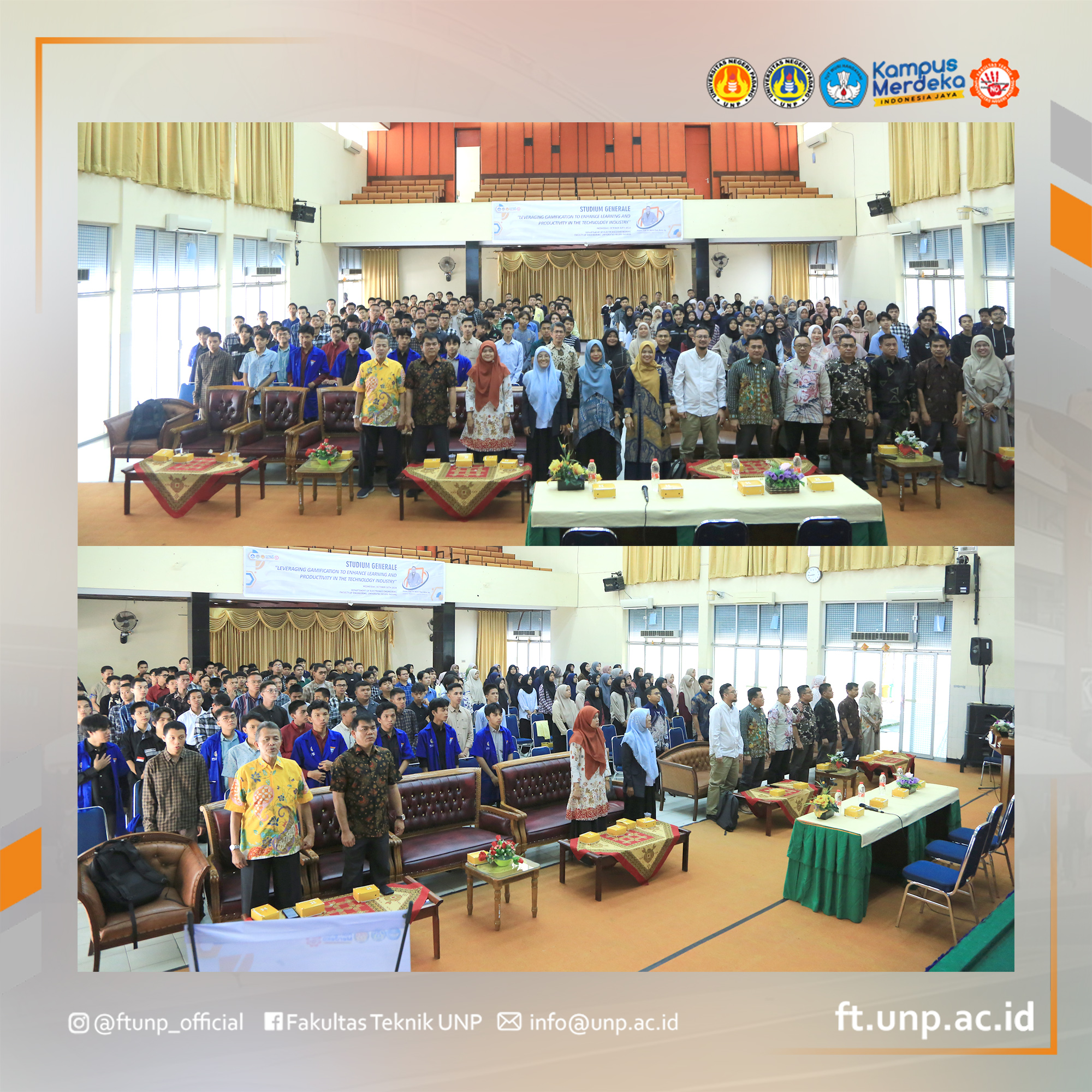FT UNP_ October 30, 2024—The Department of Electronics Engineering at Universitas Negeri Padang held a public lecture titled “Leveraging Gamification to Enhance Learning and Productivity in the Technology Industry” in the Multipurpose Hall of the Faculty of Engineering on Wednesday, October 30, 2024. Assoc. Prof. Dr. Mohd Rizal Mohd Isa, an expert in the field of gamification, was the keynote speaker.
The lecture attracted students, lecturers, and technology industry practitioners eager to learn about innovations in learning and productivity. Participants’ enthusiasm demonstrated that gamification is not just a passing trend but a prospective strategic approach for the future.
Dr. Rizal explained the concept of gamification as the application of game elements in non-game contexts to enhance motivation and engagement. He emphasized that gamification is highly relevant in modern technology because it makes learning more interactive and supports knowledge retention. He added, “Gamification creates a safe environment for experimentation without significant risks,” thus allowing individuals to learn from failure more confidently.
The lecture also reviewed the benefits of gamification in increasing work productivity. Through case studies on large companies like Microsoft, SAP, and IBM, Dr. Rizal highlighted how gamification helps complete tasks, drives target achievement, and facilitates team collaboration through healthy competition. Gamification techniques, such as microlearning modules, skill badges, and progression levels, make tasks more engaging and meaningful for employees.
Additionally, Dr. Rizal discussed various challenges in implementing gamification, such as maintaining long-term interest and avoiding excessive competition that could impact team cohesion. He stressed the importance of content innovation, balancing competition with collaboration, and evaluating user satisfaction to sustain gamification programs.
In closing, Dr. Rizal predicted that the future of gamification will be more interactive and personalized with the aid of technologies like artificial intelligence (AI), virtual reality (VR), and augmented reality (AR). These technologies are expected to create deeper and more adaptive learning experiences tailored to the needs of individuals and organizations. He encouraged organizations and educational institutions to continue exploring the potential of gamification in fostering a positive culture of learning and productivity. (Ika- FT UNP)
